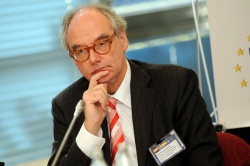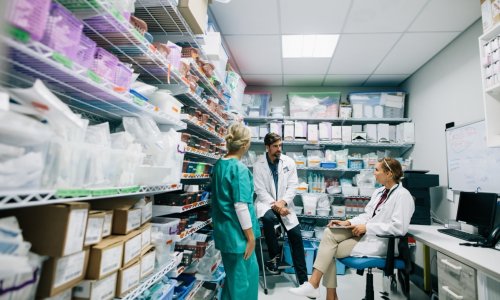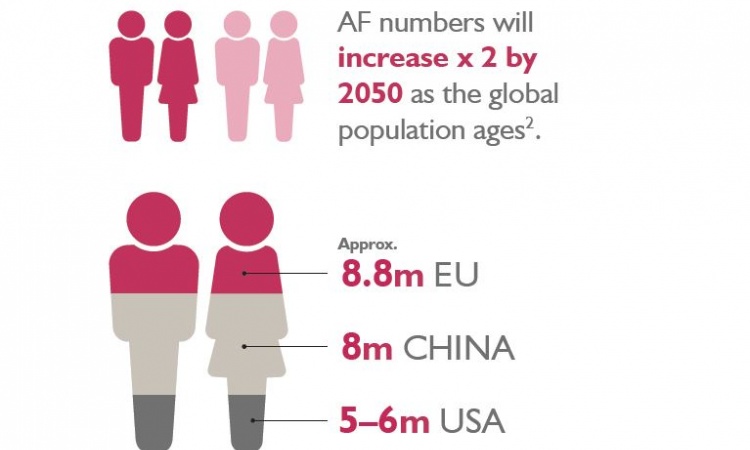Gastein 2013 on resilience and innovation
‘How can we make European healthcare systems resilient against crises and still remain innovative?’ asks Professor Helmut Brand, President of the European Health Forum Gastein (EHFG), highlighting the core issues of this year’s agenda of the renowned event (2-4 October).


‘Cost saving and innovation are not really compatible,’ he points out. ‘We have to discuss where we draw the line; at which point does cost saving become dangerous for healthcare systems?’
As the current EHFG President, Professor Brand wants the event to be more focused. EHFG is a forum for politicians, civil society, scientists and healthcare providers to discuss European healthcare politics. ‘We’ll try to have representatives of the three upcoming EU presidencies to attend each year,’ he announces ‘because in such a setting issues are discussed that can inform imminent political decisions.’
However, EHFG is not only about Europe: this year exchange with non-European countries will receive much attention. Emerging economies, such as Brazil, Russia, India, China and South Africa (BRICS) have achieved economic success often at high environmental costs and are keen to learn how Europe managed to reduce air and water pollution at major industrial sites without harming the economy.
In turn, Europe wants to find out whether those countries do things in new and surprising ways that might also work in ‘old’ industrialised countries. ‘Asia’s reform movements are presently stronger than in continental Europe,’ Prof. Brand says, explaining his interest in a dialogue with Taiwan. Indeed, European health economy is already watching the emerging countries. ‘Indian and Chinese companies export products that were originally developed for their markets to Europe,’ he points out. ‘We don’t always need the deluxe version of a product. In many areas a nuts and bolts version that does exactly what we need it to do is fully sufficient.’
Focus TAFTA
A further important EHFG issue will be the planned transatlantic free trade association (TAFTA) between Europe and the USA, which will have major impacts on healthcare. Will TAFTA, for example, mean that all medical procedures approved by the US FDA will automatically be allowed in Europe? ‘In the US, genome analysis services are being offered that are not compatible with the European privacy and patient information regulation,’ he explains. Another question, among many TAFTA raises, concerns applicable law: If US companies can offer their medical products on the European market, which law will prevail – European or US?
Cross-border healthcare is ‘an entirely untenable situation that for a European citizen living in a smaller or poorer country it’s impossible to obtain adequate treatment for certain conditions,’ he emphasises. Many EU Member States fear that cross-border healthcare provision will lead to throngs of people from other EU countries inundating their healthcare systems and using up their own citizens’ resources.’ He does not share this concern. ‘Nobody will voluntarily go to a foreign country to receive treatment that’s available in decent quality at home.’ In Malta, he says, for historical reasons many patients obtain medical care in the United Kingdom. Thus the Maltese government is actively trying to provide certain medical services domestically – and even establish the island as a European centre for rehabilitation medicine.‘You see, it can work both ways,’ Prof. Brand concludes.
* 2-4 October 2013. ‘Resilient and Innovative Health Systems for Europe’, Health Forum Gastein (EHFG)
PROFILE
Professor Helmut Brand studied medicine at the universities of Düsseldorf, Germany and Zurich, Switzerland. In 2008 he was named Jean Monnet Professor of European Public Health, Head of the Department of International Health and Director of the Research Programme on Comparative Health at Maastricht University (Netherlands). He has been President of the European Health Forum Gastein (EHFG) in Austria since the beginning of this year.
03.07.2013





